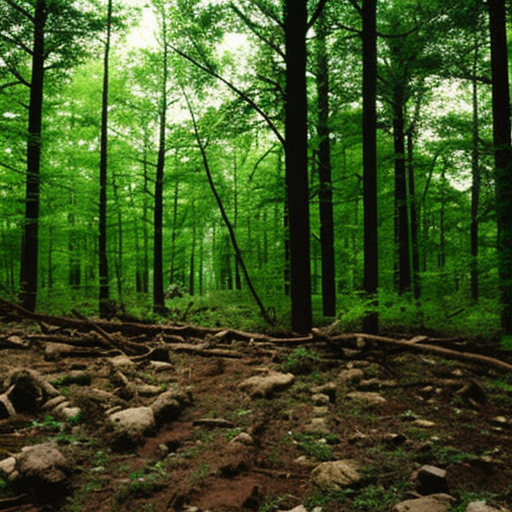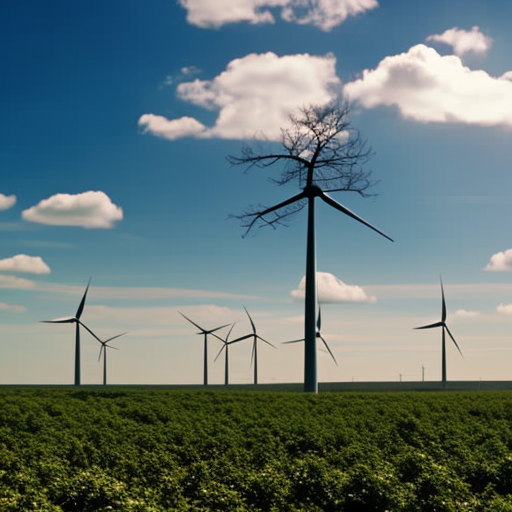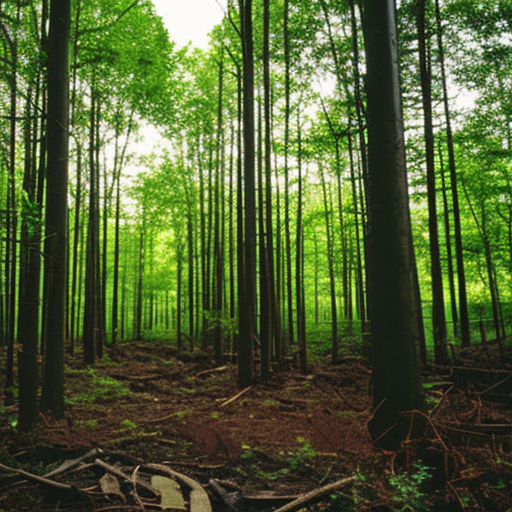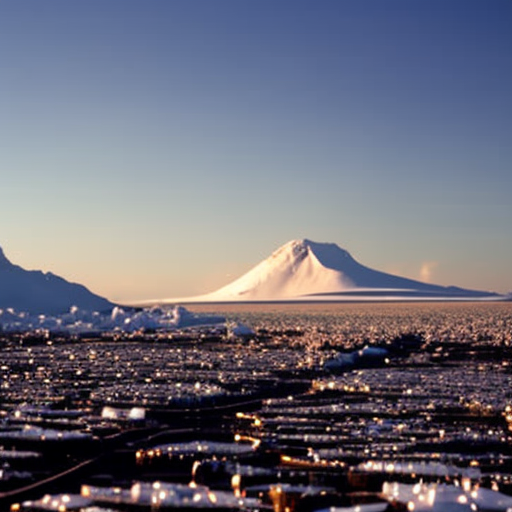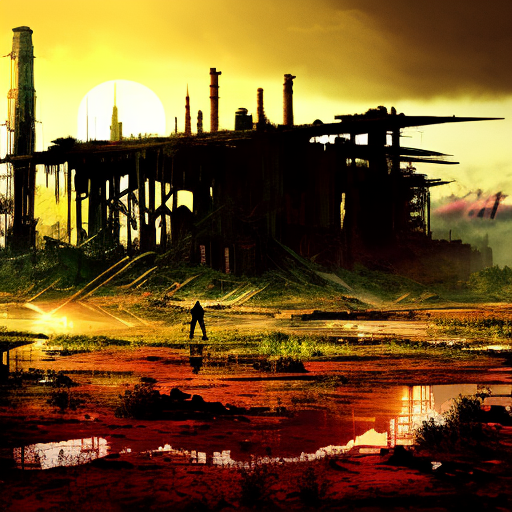Ecosystem resilience refers to the ability of an ecosystem to withstand and recover from disturbances while maintaining its structure and function.
Conservation Of Resources Explained
Conservation of resources focuses on sustainable practices to protect and preserve natural resources for future generations.
Carbon Neutrality Explained
Carbon neutrality refers to the state of achieving a balance between carbon emissions and carbon removal from the atmosphere, ultimately mitigating climate change.
Environmental Impact Assessment Explained
Environmental impact assessment is a process that evaluates the potential environmental consequences of a proposed project or development.
Climate Change Explained
Climate change refers to long-term shifts in temperature and weather patterns caused by human activities, primarily the burning of fossil fuels and deforestation, leading to detrimental impacts on ecosystems and human societies.
Global Warming Explained
Global warming refers to the long-term increase in Earth’s average surface temperature due to human activities, primarily the emission of greenhouse gases.
The Lorax Summary
The Lorax” by Dr. Seuss is a cautionary tale about the consequences of environmental destruction and the importance of conservation.
Ishmael Summary
‘Ishmael’ by Daniel Quinn is a philosophical novel that explores the destructive consequences of humanity’s belief in its superiority over nature.
Collapse: How Societies Choose to Fail or Succeed Summary
‘Collapse’ by Jared Diamond explores the factors that lead to the decline and collapse of societies throughout history, highlighting the importance of environmental and societal choices in determining their fate.
The World Without Us Summary
‘The World Without Us’ by Alan Weisman explores the hypothetical scenario of how Earth would recover if humans suddenly disappeared.









